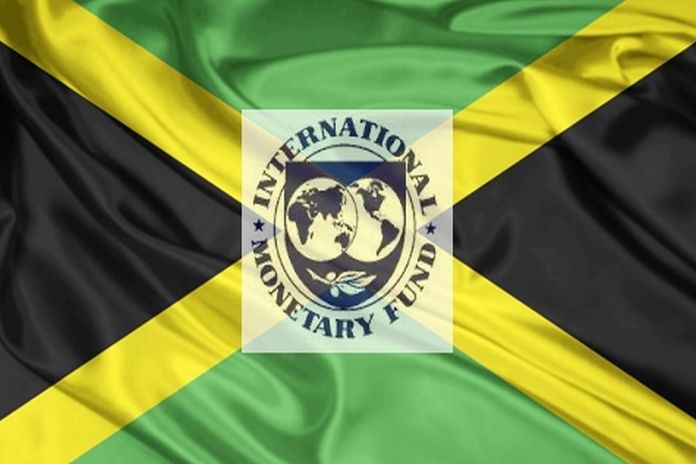WASHINGTON, USA – The executive board of the International Monetary Fund (IMF) concluded the 2021 Article IV consultation with Jamaica.
In the decade preceding the pandemic, Jamaica made good progress to restore macroeconomic and financial stability. Aided by Fund financial support, the fiscal deficit was brought down from 11 percent of GDP in 2009 to a surplus; public debt fell from 142 percent of GDP to 94 percent in 2019, and inflation and the current account deficit declined.
An early lockdown in the Spring of 2020 helped contain the number of Covid-19 cases but the impact on the economy was severe, with real GDP shrinking by 10 percent. To mitigate the impact of the pandemic on public health and the economy, the authorities suspended the fiscal rule for a year and swiftly implemented public health measures and a fiscal package to support jobs and protect the most vulnerable segments of the population. The downturn and the fiscal package resulted in a fiscal deficit of 3.1 percent of GDP in FY2020/21.
The economy is rebounding but risks to the outlook are significant. Real GDP is projected to grow at 4.7 percent in 2021 and 4.3 percent in 2022. Covid-19 remains the main risk. Renewed Covid-19 waves in Jamaica or abroad could lead to a more prolonged disruption of tourism, trade, and capital flows. Another risk is posed by the uncertain duration of global inflationary pressures, which have boosted inflation to well above the central bank’s target range of 4-6 percent. Natural disasters continue to be an ever-present risk.
Executive board assessment
Executive directors welcomed the authorities’ swift and comprehensive policy response to the pandemic, which helped limit its health and economic impact. Directors noted that as the economy is recovering, uncertainty and risks remain elevated. The near-term policy priority is to protect lives and livelihoods while preserving macroeconomic stability. Over the medium term, directors stressed the need to rebuild buffers, safeguard debt sustainability, and prioritize structural reforms that reduce poverty and boost potential and inclusive growth.
Directors agreed that once the pandemic recedes, it will be important to resume growth-friendly fiscal consolidation and put public debt on a downward trajectory toward the authorities’ medium-term target. Directors recommended improving revenue and prioritizing expenditures to create space for health, education, infrastructure, and growth-enhancing investment, including for climate resilience. Enhancing spending efficiency and containing the wage bill will be crucial in this regard. Directors noted that the newly established independent fiscal council would help strengthen fiscal institutions and safeguard the credibility of the debt anchor.
Directors acknowledged the important role played by monetary accommodation during the pandemic. In light of inflationary pressures, they welcomed the authorities’ readiness to tighten monetary policy to firmly anchor inflation expectations and bring inflation to within the central bank’s target range by end-2022. Directors took positive note of the planned roll-out of the central bank digital currency, with appropriate safeguards, as part of the financial inclusion strategy.
Directors observed that the financial sector remains well-capitalized and liquid. Noting the sector’s complexity and potential risks from its concentration and connectedness, directors emphasized the need to strengthen group-wide supervision of financial conglomerates, by adopting the remaining legislation and improving data collection. They also called for further efforts to strengthen the AML/CFT framework, including by swiftly implementing the action plan agreed with the Financial Action Task Force.
Directors encouraged the authorities to address supply-side constraints to growth through well-prioritized structural reforms, aimed at boosting competitiveness and resilience, including through digital transformation. They highlighted the need to strengthen education and training, upgrade infrastructure, reduce crime, and build resilience and adaptation to natural disasters.





